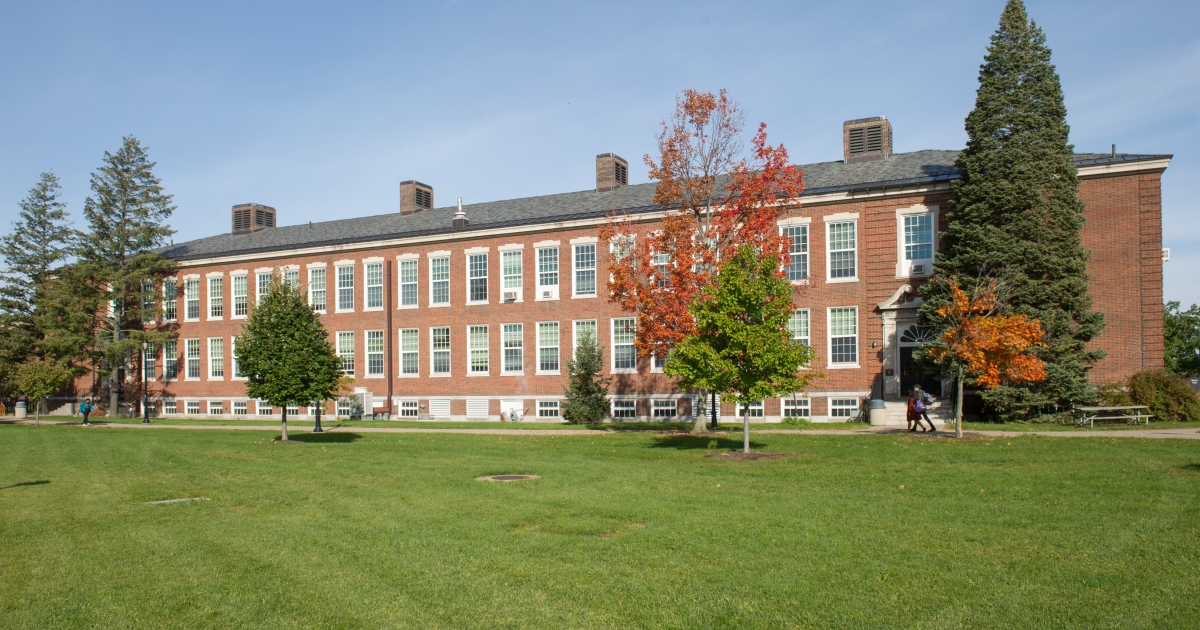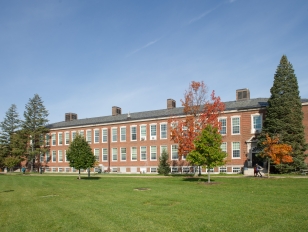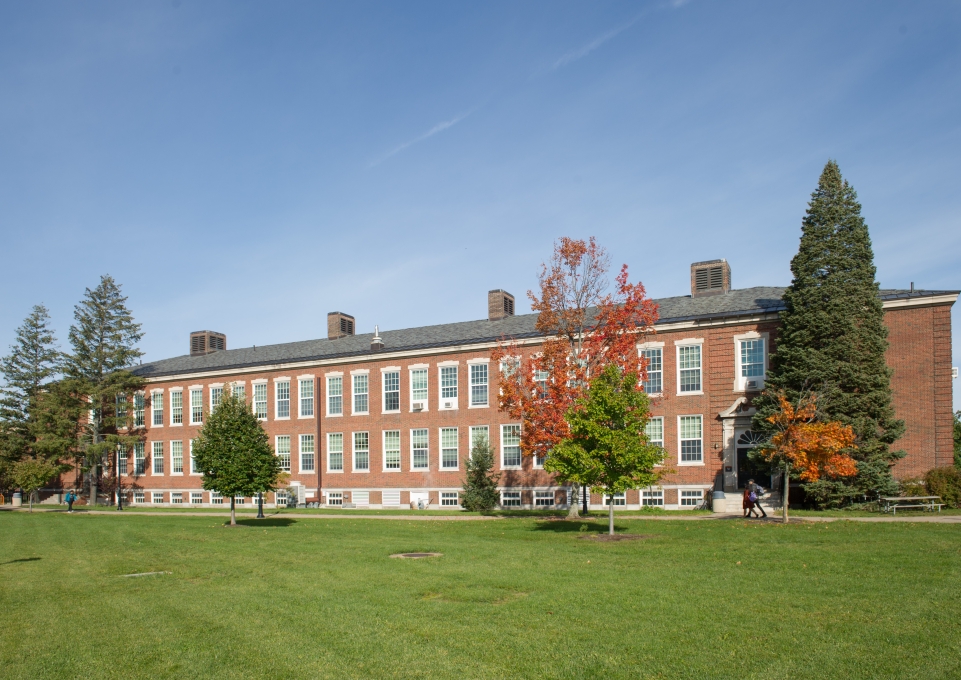
Buffalo State University will play an integral role in the 2024 annual meeting of the American Educational Research Association (AERA), held in Philadelphia, Pennsylvania, April 11–14.
The AERA meeting is the largest annual gathering of educational research scholars, ranging from graduate students to senior researchers, and serves as a showcase for innovative research. The theme of this year’s conference is “Dismantling Racial Injustice and Constructing Educational Possibilities: A Call to Action.”
Buffalo State will be represented in a number of the prestigious presidential sessions, including presentations by Jevon D. Hunter, Woods-Beals Endowed Chair in Urban Education; Douglas L. Hoston Jr., assistant professor of social and psychological foundations of education; and Gliset C. Morales, associate professor of exceptional education.
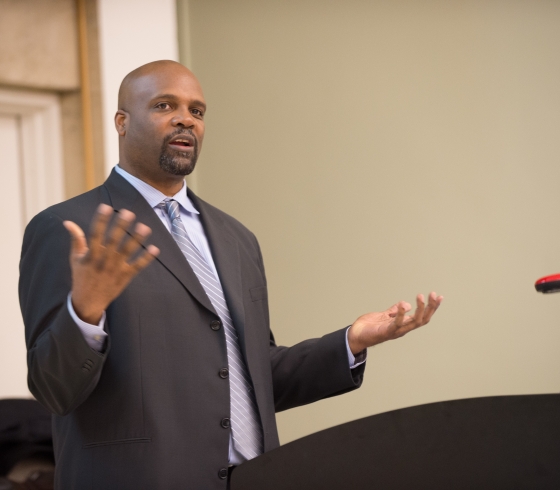
Jevon D. Hunter, Woods-Beals Endowed Chair in Urban Education
“Oftentimes, the narratives of urban education come out of New York City, Los Angeles, Atlanta, and Chicago,” Hunter said. “I’ve wanted to highlight the voices of people who are doing really good work in schools and the young people who are benefiting from that work. I want to demonstrate how Buffalo is making an impact. The sessions we are presenting are about excellence, joy, what we’re doing right, and sharing those practices with others; that way we can be a model.”
AERA President Tyrone Howard invited Hunter to be a program co-chair for the conference’s annual planning meeting. Hunter encouraged his Buffalo State colleagues to submit session proposals, as well as collaborate with Buffalo Public Schools students and Associate Superintendent Fatima Morrell on a session.
“Having Buffalo State involved is important to highlight the university-school district partnership that is essential for improving schools,” Howard said. “The engagement that Buffalo State has in Buffalo schools and the wider community are important examples of how we can lift up the important work documenting the brilliance of Buffalo’s students, the dedication of their teachers, and the vital role of school leaders in reducing racial disparities. There is a lot that participants can learn from Buffalo.”
Wendy Paterson, dean of Buffalo State’s School of Education, said, “Dr. Hunter has earned Buffalo State University much recognition by bringing to the national stage the issues of urban education, racial inequities in schooling, and the urgent need for the recruitment and nurture of teachers from all racial identities and cultural backgrounds.”
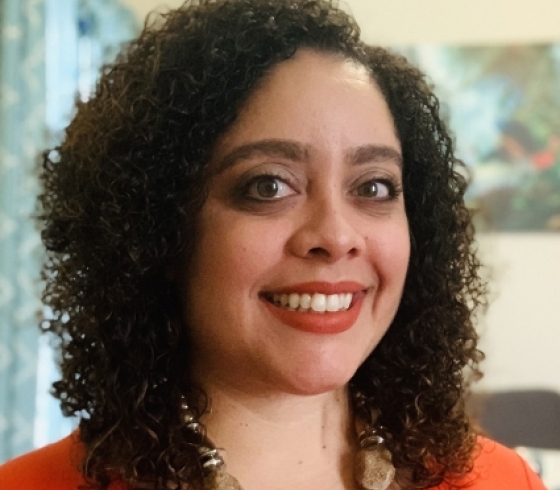
Gliset C. Morales, Associate Professor of Exceptional Education
The following are among sessions at the AERA conference involving Buffalo State participants:
‘Bilingual Special Education for the 21st Century: Reimagining the Future’
Morales recently co-edited the book Bilingual Special Education for the 21st Century: A New Interface with Dr. Tamara Alsace, former director of multilingual education for the Buffalo Public Schools and former Buffalo State lecturer of bilingual exceptional education.
Portions of that text were particularly relevant to this year’s AERA theme, including the need to break down structures that prevent access to dual-language education for students with disabilities, as well as changing teaching practices and strategies for bilingual and special education.
“Bilingual and special education have been absent at AERA in the past,” Morales said. “I am excited that we’re looking at this intersection at the conference.”
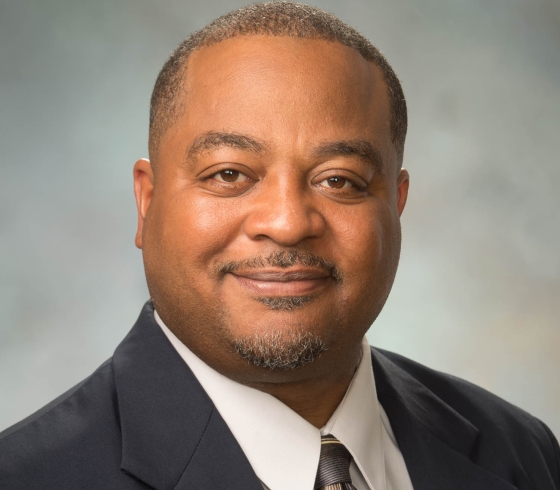
Douglas L. Hoston Jr., Assistant Professor of Social and Psychological Foundations of Education
‘Identification of Item Disengagement Profiles through Psycho-Physio Measurement’
Hoston’s research examines neurocognitive and physiological responses to better capture and convey the impact of racialized barriers and what interventions, including the creation of counter-spaces, help students.
“What we under-utilize in school is the arts, particularly language arts like playwriting, storytelling, and poetry,” Hoston said. “Those speak to the emotive aspect of the student.”
‘Striving to Make Our Ancestors Proud: Buffalo Black Males Leveraging Rebellious Literacies for Educational Justice and Thrival’
A panel of Black male adolescents and men from Buffalo who challenge both historical and contemporary forms of racism and anti-Blackness in educational spaces, and foster new literacy learning engagement that is liberating and restorative.
“The research being done by scholars like Dr. Hunter, Dr. Morales, Dr. Hoston, and others at comprehensive colleges is critical because it often sheds a spotlight on some unique ways that teaching and learning in K–12 schools can be enhanced,” said Howard, the AERA president. “Many of our comprehensive colleges have special connections with schools, and these relationships are vital to school success. By putting a spotlight on Buffalo, it is important to not only document how and where racial disparities exist but to highlight the work being done that is reducing those disparities. There are many things that we can learn from practice, policy, and research that is happening in Buffalo that will fall in line with our theme.”
